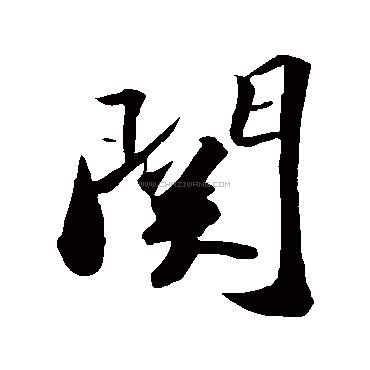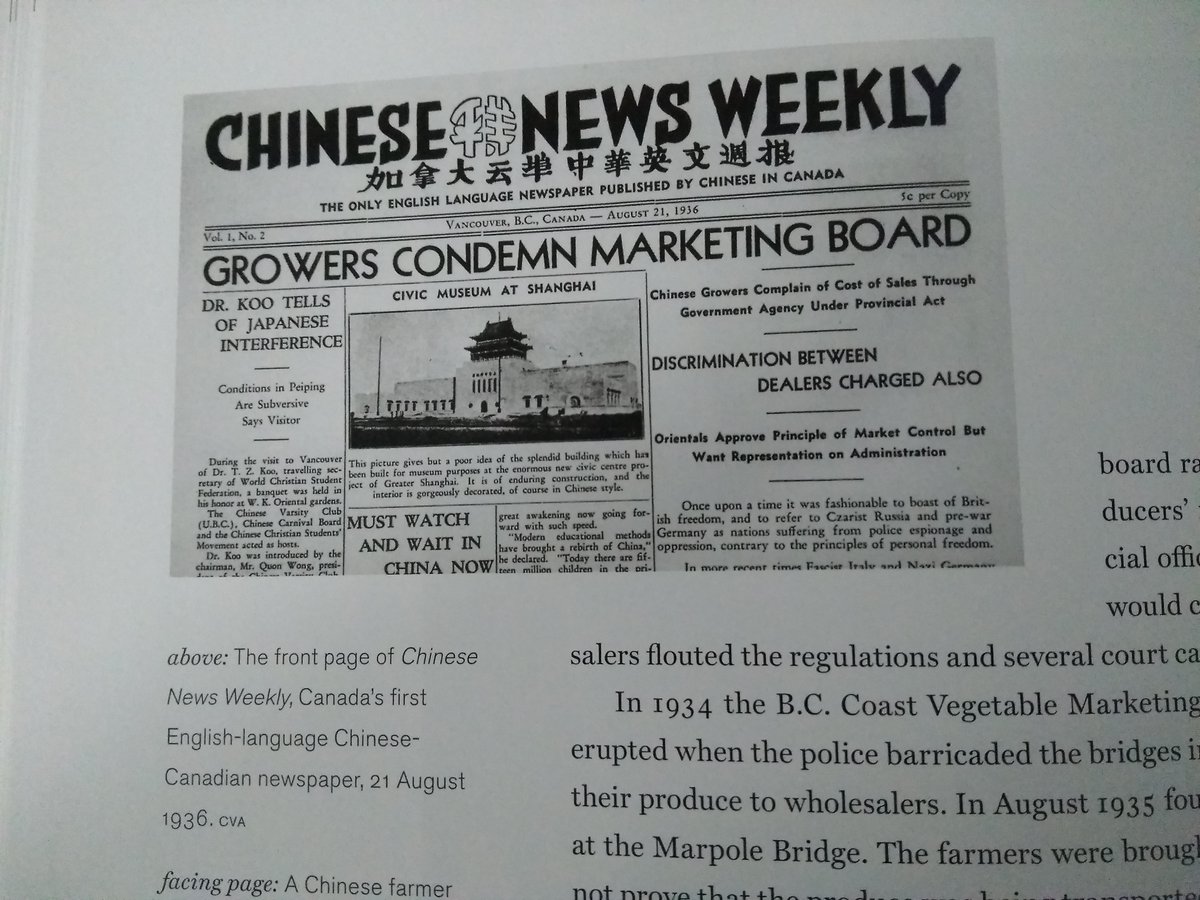Full disclosure: I grew up learning traditional Chinese, and didn& #39;t learn simplified Chinese until later on when I started getting into C-ent.
There& #39;s a common stigma around simplified characters that they& #39;re "uglier" versions of traditional Chinese made up by the CCP & as such
There& #39;s a common stigma around simplified characters that they& #39;re "uglier" versions of traditional Chinese made up by the CCP & as such
they are "bastardizations of the Chinese language devoid of the beauty and soul of traditional Chinese characters". And while I also used to think that, and while I personally still prefer traditional characters, I& #39;ve since come to learn that& #39;s just a misconception born from
traditional Chinese characters chauvinists.
Chinese, like any other language, has gone through many evolutions over it& #39;s long history, and to assume the writing system stayed the same throughout this whole time, is absolutely foolish. Simplified words weren& #39;t just made up
Chinese, like any other language, has gone through many evolutions over it& #39;s long history, and to assume the writing system stayed the same throughout this whole time, is absolutely foolish. Simplified words weren& #39;t just made up
out of nowhere by a couple of dudes in a room, it was a whole process involving lots of experts, drawing from the many calligraphy styles that have existed throughout Chinese history. Case and point, the 关 up above. As my family name I know this character really intimately
and my trials and tribulations with learning how to write it is actually a good illustration of where some of the simplification logic comes from. So to provide some context first, my mom hails from Guangzhou in Mainland China, so she grew up learning simplified Chinese,
while I grew up in Canada & went to a Chinese school that taught traditional Chinese.
So as we& #39;ve seen from the photo above, guan is 关 in simplified, & 關 in traditional. But for about the first 7-8 years of my life, I wrote my family name neither way, I wrote it like this: 関
So as we& #39;ve seen from the photo above, guan is 关 in simplified, & 關 in traditional. But for about the first 7-8 years of my life, I wrote my family name neither way, I wrote it like this: 関
Literally a hybrid of the simp. and trad. way of writing because my mom (educated in simp. Chinese) wanted to teach me how to write my name in trad. Chinese since the Chinese school I went to taught trad. but couldn& #39;t remember how to write the inside portion in trad.
so she just took the simp. character, and stuck it inside the 門 radical used in trad. & so that& #39;s how I wrote my Chinese name for a good 7-8 yrs of my life, until 1 day I took a close look at the family name written on our home altar and realized, wait a minute,
these words aren& #39;t the same! And then I finally switched to writing it in proper trad. But it always puzzled me why my Chinese teachers never corrected me about this, especially because they were very pro trad. Chinese, until a couple of years ago I had my Chinese name written in
traditional Chinese calligraphy, and discovered, 関 is a common way of writing 關 in some traditional Chinese calligraphy styles. See http://shufa.chaziwang.com/shufa-12044.html">https://shufa.chaziwang.com/shufa-120... for other examples of my family name done in various calligraphy styles,
including this one done by the famous Song Dynasty poet Su Dongpo. Those of you who know Jap will also find this character familiar cuz that& #39;s how this word is written in Japanese!
And developing simp. characters wasn& #39;t just a process of simplifying the characters, but also standardizing too because many words actually had multiple ways you could write it, and so the government wanted to reduce confusion by deciding upon just 1.
Take this archival scan of a Chinese/English bilingual newspaper from 1936, before the CCP ever came to power. If you look at the Chinese newspaper name, you& #39;ll see the modern simp. character for cloud 云 and newspaper 报 used instead of the modern trad. characters 雲 and 報
as one might expect since this was before simplified characters were ever "invented".
Ofc, this isn& #39;t to say there aren& #39;t simplified characters that make me scratch my head, 爱/愛 is the quintessential example (how do you have love w/o heart? though the replacement of 心 radical
Ofc, this isn& #39;t to say there aren& #39;t simplified characters that make me scratch my head, 爱/愛 is the quintessential example (how do you have love w/o heart? though the replacement of 心 radical
w/ the radical for friendship 友 is arguably not that bad of a substitute)
but more to point out that simp. characters really aren& #39;t as "illogical" and "blasphemous" as trad. purists like to make it out to be.
but more to point out that simp. characters really aren& #39;t as "illogical" and "blasphemous" as trad. purists like to make it out to be.
Oh and final P.S: usage of simp. & trad. tends to be weaponized as form of a identity marker these days between China vs. HK/Taiwan, but seeing it in this binary erases the presence of SE Asian Chinese communities, particularly Singapore & Malaysia where state sponsored Chinese
education is conducted in simp. Chinese, as well as as well as Macau which also uses trad. Chinese, or the many Chinese speaking diaspora populations educated in either script, like me!

 Read on Twitter
Read on Twitter



